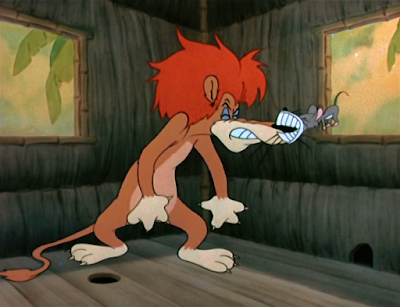Newspaper writers back in that era didn’t generally devote a whole column to one person, they had a bunch of short items about a variety of stars (gossipers like Walter Winchell and Louella Parsons followed the same format on radio). So here’s a short blurb about Jack from Sullivan’s column of August 19, 1932 in the New York Daily News.
Jack Benny WinsAs this was printed almost 90 years ago, I should explain the reference to “nickelback.” Jack and his writer Harry Conn came up with jokes and puns involving the sponsor. In this case, one of Canada Dry’s slogans involved getting five cents back on the bottle deposit. Benny and Conn used to find ways the humorously incorporate the slogan.
HEREAFTER this department proposes to single out a comedian or writer who authors the smartest crack of the week. This will please the comedians and, what is more important, it will serve to fill a spot like this.
Jack Benny gets the award this week for his smart-cracking on his Wednesday night radio period. He broadcasts for a ginger ale period.
Talking about football, as he rambled along, Benny cleaned up with: "As I understand football, there's a fullback, two half backs and a nickelback on each large bottle you buy at the grocery store." If Mr. Benny will call at the office, he will get his prize.
Canada Dry didn’t appreciate it. The company and its agency only understood stiff, straight, formal advertising. It tried to get around Benny and Conn by bringing in a new writer, vaudevillian Sid Silvers who had appeared on stage with Jack as far back as 1927. The two ganged up on him, forced him out, and then Canada Dry announced it was ending its relationship with Benny in early 1933.
To give you an idea how conservative the advertising business was, the Spokane Spokesman-Review of December 11, 1932 (Benny was still with Canada Dry then) takes a dig at how agency experts were sticks in the mud.
Variety gives the verdict of the Junior executives of advertising agencies on some of the current radio stars. These executives are known as "hardest boiled" radio critics because they judge stars by their ability to sell the sponsors' products, which they measure by the reception accorded them as entertainers. Here are some of their conclusions:Audiences didn’t think Benny was terrible. Far from it. Benny ranked at, or close to, the top of the ratings and surveys of comedians for years and years. And he carried on making fun of the sponsor. It worked. For a time, General Foods couldn’t keep enough Jell-O in stock. And in the 1950s the song parodies shoehorning in references to Lucky Strike cigarettes (and making fun of American Tobacco’s numerous repetitive slogans) are among some of the best-loved parts of the Benny radio show by fans today. When it came to jokes about sponsors, Jack Benny had more hits than, well, Nickelback.
"Al Jolson, not so hot; Eddie Cantor, he's through; Ed Wynn, falling off; Jack Benny, terrible; Burns and Allen, stale; Kate Smith, old stuff; Mills Brothers, atrocious." What, no Jack Pearl verdict?
A late note: Of the Canada Dry broadcasts, only Benny’s debut exists in audio form (along with two partial shows from late in the run). But the scripts are still around. Benny scholar Kathy Fuller-Seeley has gone to the equivalent of Jack’s vault (which didn’t exist in 1932) to photograph and transcribe the first 26 scripts. They’ve been published in a book that’s available now.
The Jack Benny on these shows is far different than the one everyone thinks of. The shows themselves are quite different as well. Anyone interested in the development of early radio comedy should have this book in their library. You can find out more at this site (I am a mere fan, I get no kickback for this). And if you want to read the script where Jack and the Mary Livingstone character first met, it has been transcribed in this post from four years ago.















































